[Book Review] AI Truth
- A practical reflection on an AI history-and-myths book from an engineer's viewpoint.
- Offers a balanced starting point if you want to think beyond both hype and cynicism.
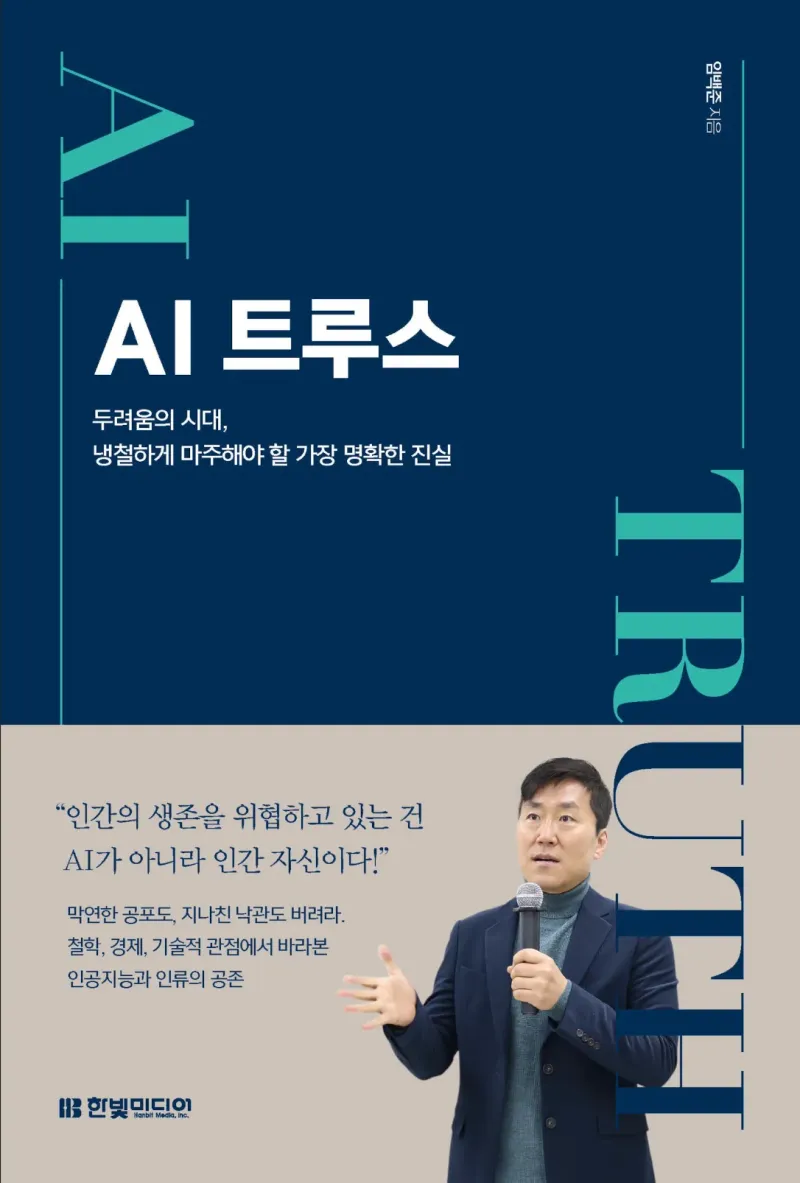
AI Truth
"What's threatening human survival isn't AI, but humans themselves!"
An artificial intelligence special lecture crossing technology and philosophy from 2034 future predictions to human desiresAuthor Introduction
Author Lim Baek-jun is already a famous programmer and writer with several published works. He has various books including 'Programmer in New York', 'Algorithm Reading While Lying Down', 'Happy Programming', 'Polyglot Programming', all of which I personally enjoyed reading.
Also, the conference opening presentation I heard at the I am a Programmer Conference hosted by the podcast that author Lim Baek-jun conducted still remains deep in my heart. While 'dev culture' is now commonly understood like general knowledge, at that time it was very refreshing to approach programming as culture rather than work and feel the love for that culture.
I would recommend this person's books to fellow developers whenever there's an opportunity, as his writing skills are excellent. With 20 years of Wall Street experience in New York and recently leading a data organization at Samsung Research AI Center for 4 years, his insights in this field are exceptional.
Book Structure
The introduction uniquely starts with a novel.
I can't describe the content in detail, but to briefly summarize, it's a short story about the "future" when artificial intelligence begins to earnestly replace human work.
I suddenly remember how excitedly he talked about SF books during the 'I am a Programmer' podcast days 8 years ago. At that time, his stories about 'Blade Runner', 'Brave New World', '1984' and other SF or dystopian novels sparked my interest in that genre, so I searched for many. True to being a fan of that genre, the foreshadowing, development, and conclusion were all interesting short stories. This short story effectively serves as an appetizer that arouses interest in the rest of the book content.
Chapter 2 then talks about history up to the present under the theme 'The Beginning of the AI Era'. It unfolds from Greek and Roman mythology through two AI winters to the current point. While AI winters are mentioned in other AI or math-related books, I couldn't really grasp what they were exactly even after looking at the AI Winter Wiki, but this book tells the story in a very interesting and clear way. 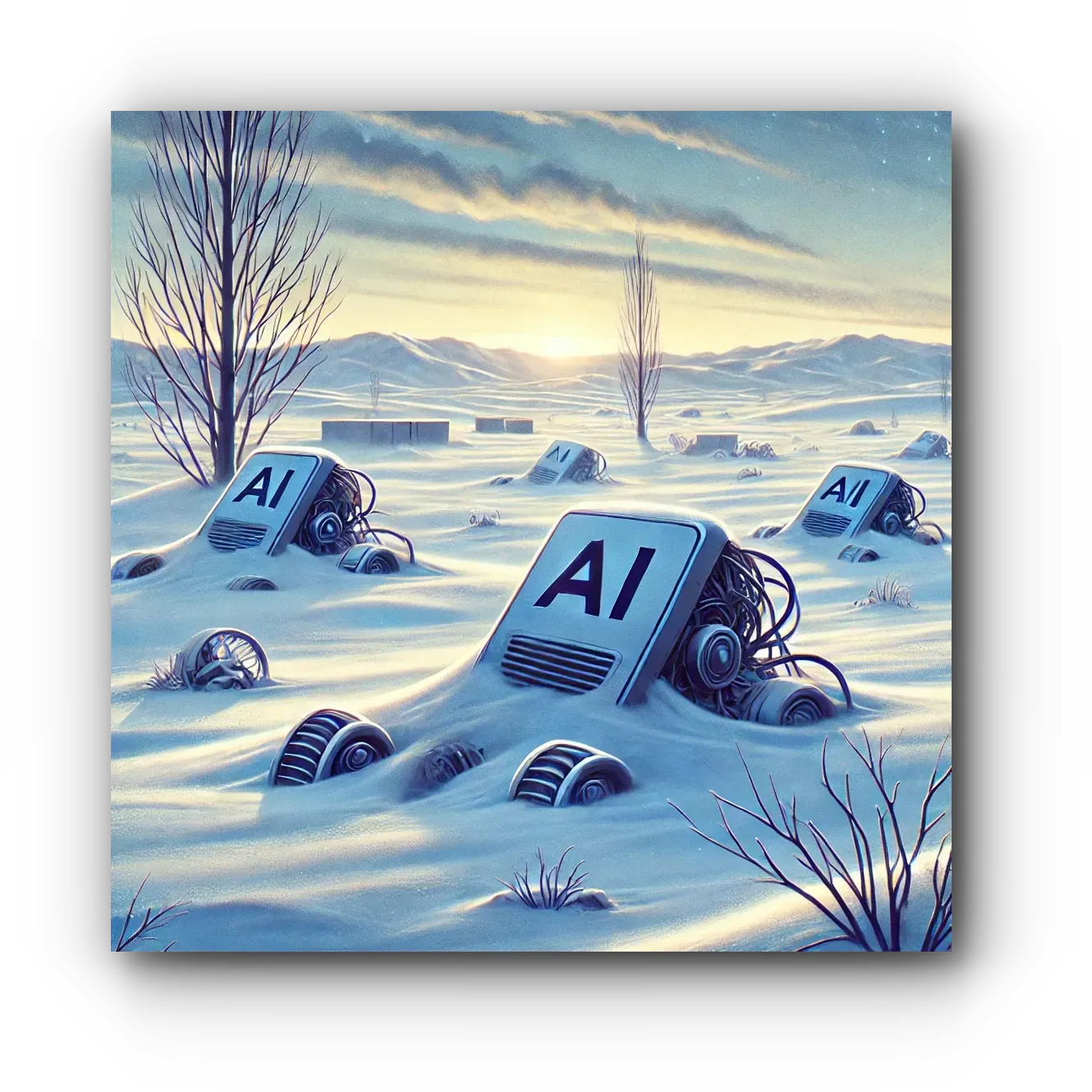 Chapter 3 contains good content for people who perform intellectual labor that will be taken by artificial intelligence that has permeated human life, and Chapter 4 extensively discusses that ultimately, through the medium of coding, it's not artificial intelligence replacing people, but people who solve problems with artificial intelligence will replace other people. Chapter 5 explains various fields of intellectual labor (legal, financial, medical, retail, manufacturing, education, transportation, etc.) affected by artificial intelligence.
Chapter 3 contains good content for people who perform intellectual labor that will be taken by artificial intelligence that has permeated human life, and Chapter 4 extensively discusses that ultimately, through the medium of coding, it's not artificial intelligence replacing people, but people who solve problems with artificial intelligence will replace other people. Chapter 5 explains various fields of intellectual labor (legal, financial, medical, retail, manufacturing, education, transportation, etc.) affected by artificial intelligence.
The final chapter re-examines what we should really fear due to artificial intelligence development.
Review
This concludes the book introduction.
There may be spoilers in the review below, so I recommend going back and definitely buying and reading it later.
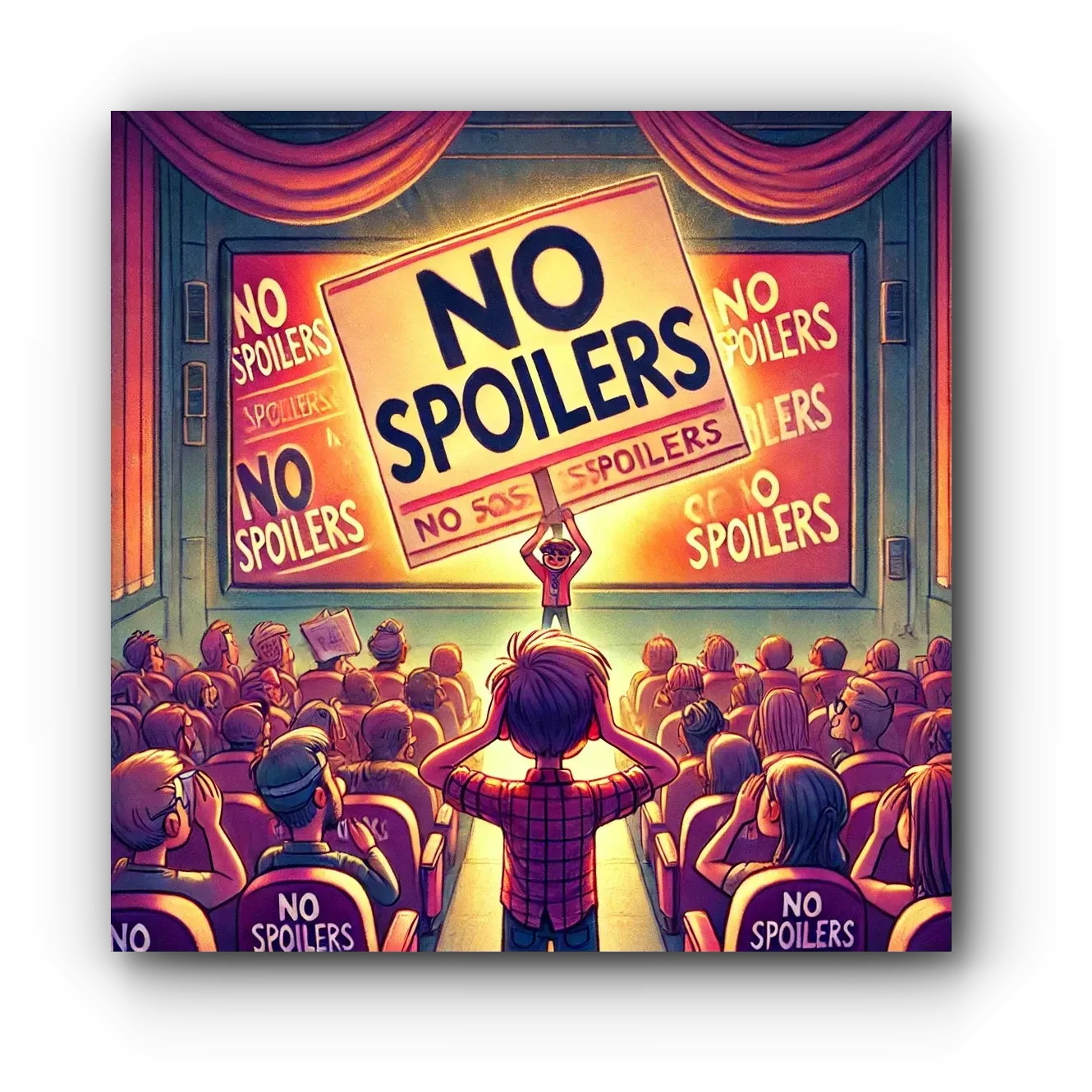 While the book title and cover say 'artificial intelligence special lecture', in my personal opinion, this book is a horror thriller.
While the book title and cover say 'artificial intelligence special lecture', in my personal opinion, this book is a horror thriller.
It skillfully blends the device of worries about artificial intelligence that people are actually having now, maximizing the horror of imagination in the final chapter.
Going back to the beginning, Chapter 1 is a short story about a future society where people lose jobs due to AI. Chapters 2-5 completely alleviate anxiety through expert insights, saying there are no such imaginary ghosts created by countless people's ignorance and misunderstanding about AI. After making you feel relieved, the final chapter reveals that the short story in Chapter 1 isn't the author's imagination but our approaching future, and we can't stop going to that destination. At the end, it presents valid evidence that there will be the end of Homo sapiens, people will become surplus humans, and be dominated by a small elite.
It shows not the ghosts we imagine but the actual monsters we'll face, expressing them in comparison to Oppenheimer and nuclear weapons. The development of Chapter 1's short story was foreshadowing for the entire book content.
It incorporated existing horror clichés into the book. In the final chapter's 'Solution' section, there is a unique solution, but it's an impossible solution to execute, concluding that wherever we go, we're ultimately heading to a dark dead end. 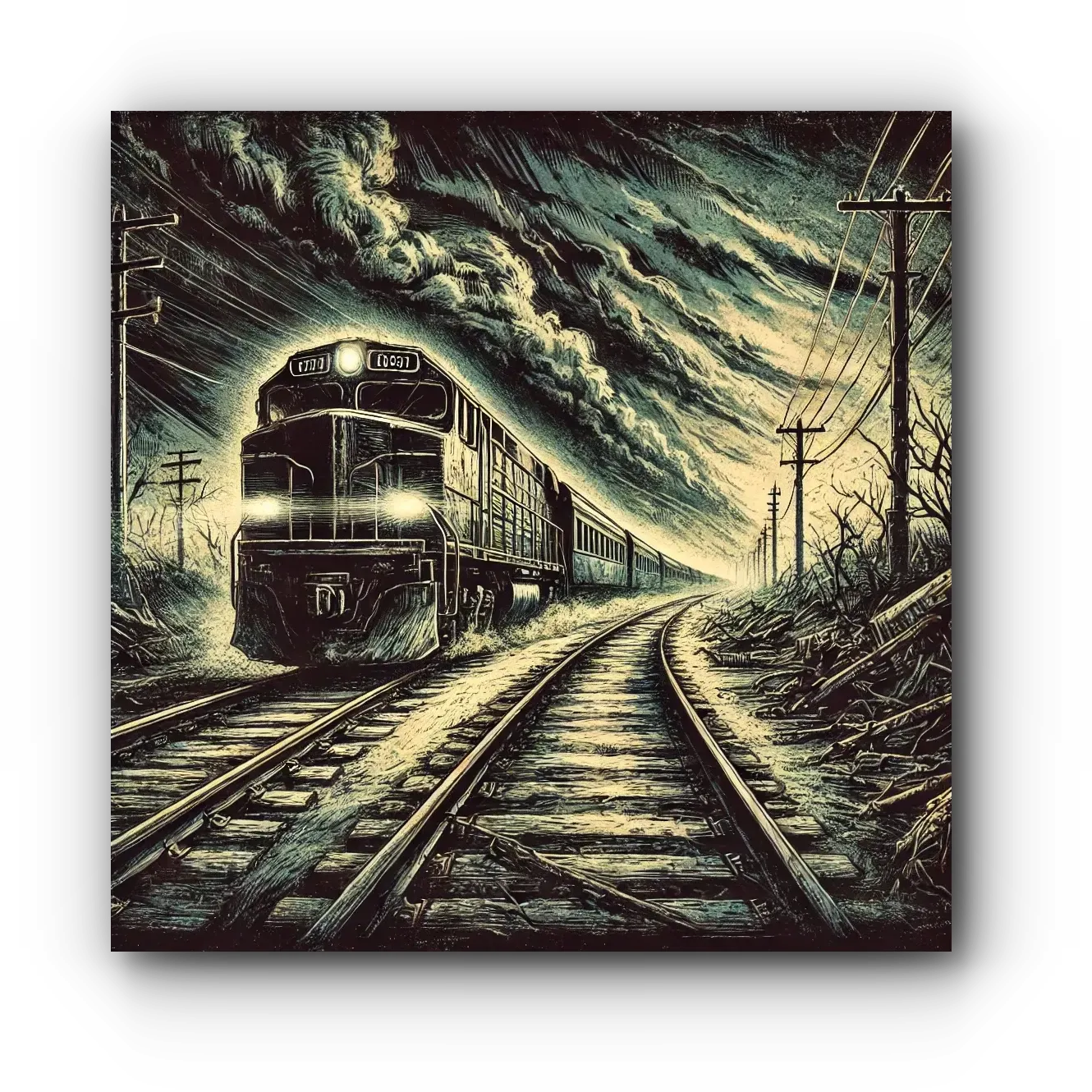 Through the final chapter and epilogue, I could feel the extreme aspects from pessimist to optimist. Reading the first sentence of the epilogue reminded me of Winston from '1984' who, after resisting the system, eventually succumbed and came to love Big Brother.
Through the final chapter and epilogue, I could feel the extreme aspects from pessimist to optimist. Reading the first sentence of the epilogue reminded me of Winston from '1984' who, after resisting the system, eventually succumbed and came to love Big Brother.
Of course, saying only this makes it a bad ending, but excluding only the final chapter, at the current point when the third AI spring has unfolded, what artificial intelligence can do - its limitations are clear. Therefore, rather than AI taking people's jobs, other people who use artificial intelligence well will take jobs, so it would be good to accept this as wisely preparing for it. 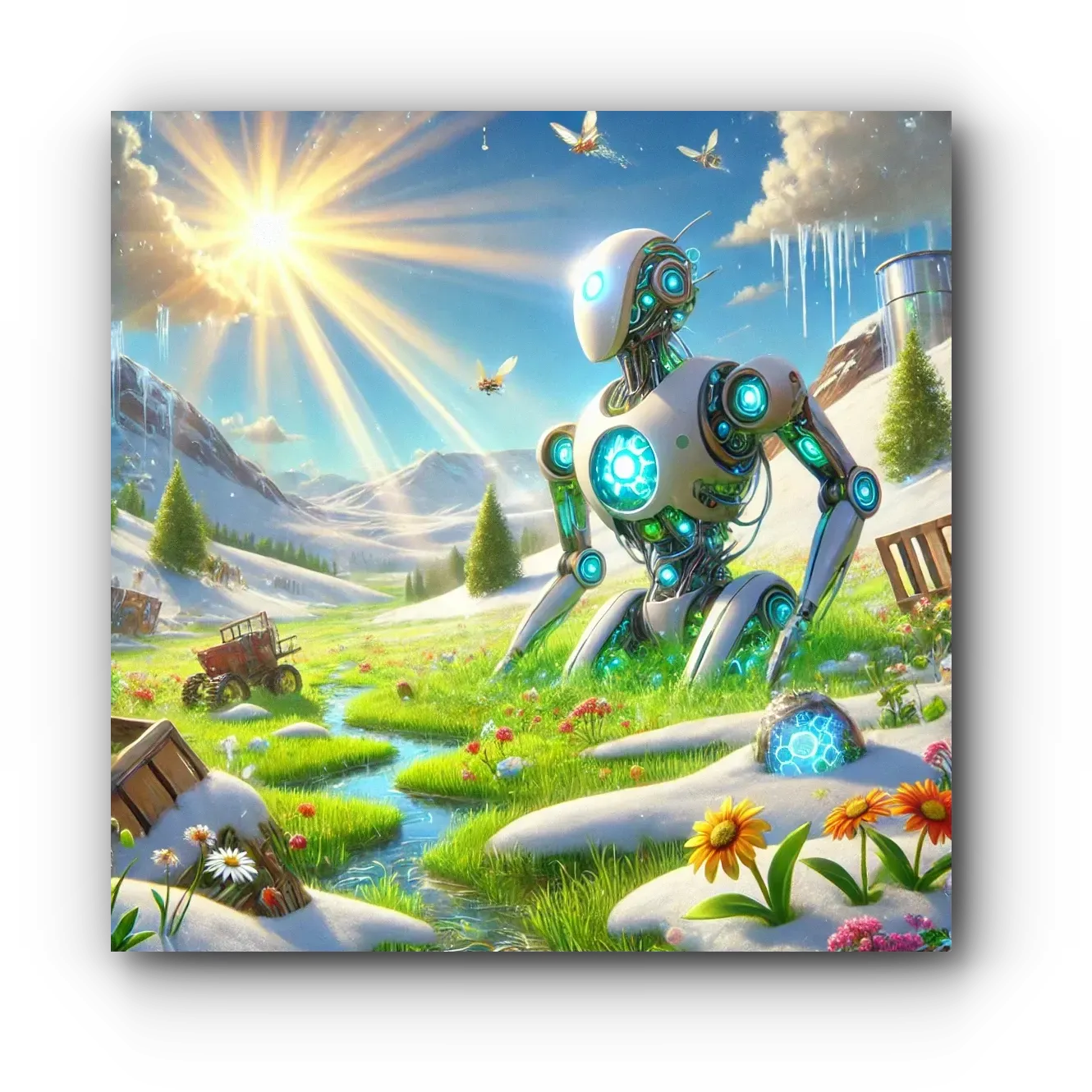 Expert insights into the AI field plus novels - the content is so rich that it feels like reading two books. Highly recommended.
Expert insights into the AI field plus novels - the content is so rich that it feels like reading two books. Highly recommended.
Conclusion
I never expected to feel the unsettling feeling from an open ending in an AI-related book, like reading Ito Junji's short story collections. Writing this review and looking at the subtitle again, Chapter 1's title is "Future" and Chapter 6 is "Future Again"... This also seems like foreshadowing, which I only noticed now.
Honestly, I was already a fan of the author, but I was surprised from the structure starting with a Chapter 1 short story, and I never imagined it would end that way. I enjoyed reading it for several days, completely losing track of time.
"This review was written after receiving the book for Hanbit Media's <I am a Reviewer> activity."![[Book Review] Beyond Vibe Coding - A Developer's Survival Guide](/_astro/review-beyond-vibe-coding-20251130095930841.B9WOKQ7C.webp)
![[Book Review] Creating & Editing Videos with 7 Generative AI Tools: ChatGPT, Midjourney & Runway](/_astro/review-ai-tools-for-creating-and-editing-videos-20241225144505230.EhpRMksV.webp)
![[Book Review] Hiring an AI Lawyer for $20 a Month with ChatGPT](/_astro/review-ai-lawyer-with-chatgpt-20240820230216439.DNdPkuc5.webp)